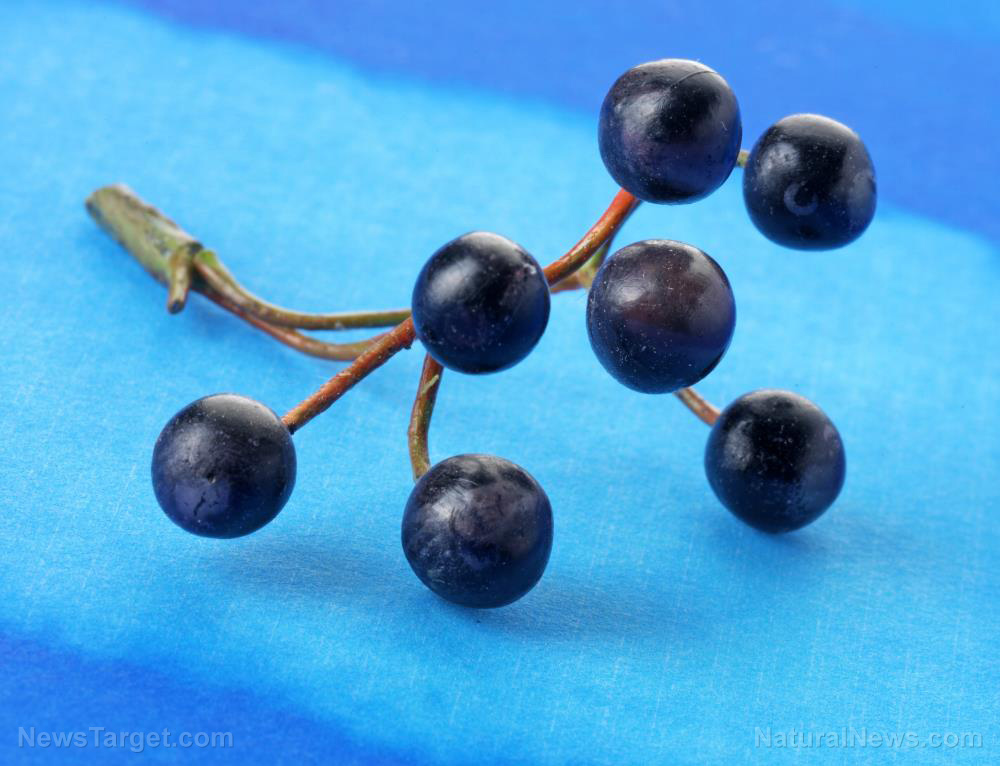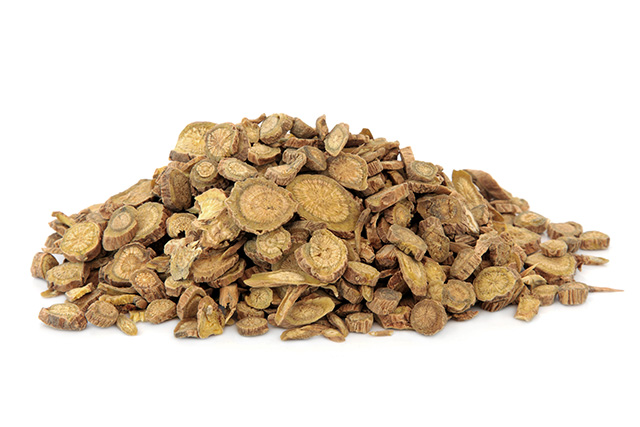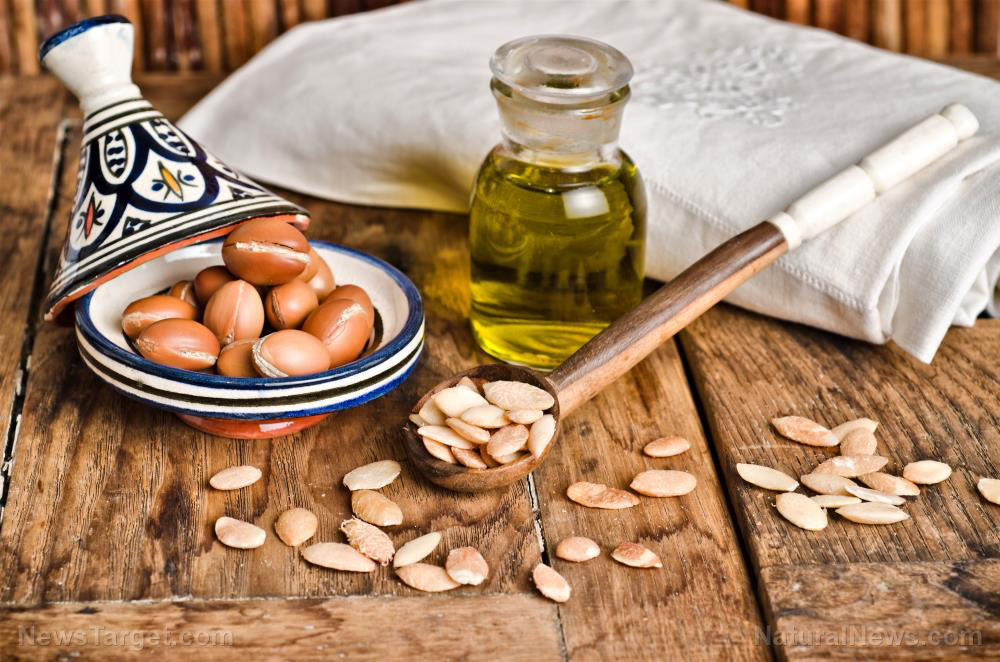The winged prickly ash, a staple of Ayurvedic medicine, shows potent anti-cancer activity
08/28/2019 / By Ralph Flores

Researchers from Pakistan and the U.K. recently found that Zanthoxylum armatum, a plant native to East and Southeast Asia, has potent chemical constituents with anti-cancer properties. In their study, which appeared in the journal BMC Complementary and Alternative Medicine, the researchers identified the presence of anti-cancer compounds like saponins, flavonoids, sterols, and terpenes in Z. armatum extracts. In addition, they reported that between the fruit, bark, and leaf extracts, Z. armatum fruit extracts showed the highest cytotxicity against cancer cells.
A shrub with many names and benefits
Plants from the Zanthoxylum genus go by a lot of weird names. In the U.S., one such species is known as the toothache tree on account of Native Americans chewing on its bark to dull the throbbing pain caused by toothaches. Its knobby trunk has also earned it the names Hercules club and prickly ash. In traditional Chinese medicine, another Zanthoxylum species called hua jiao is used as an herbal remedy for gastric and abdominal pain. Despite their differences, experts agree that the plants from genus Zanthoxylum are great for pain relief. (Related: A Traditional Chinese Medicine herb, HuaJiao, found to be a powerful antioxidant.)
Z. armatum, also known as the winged prickly ash or Nepal pepper, is widely used in Ayurvedic medicine. Since ancient times, this plant has been known to protect the liver and the cardiovascular system. Z. armatum is also used as an antioxidant and as an anti-inflammatory treatment. People from parts of India and Pakistan use its branches as a natural toothbrush which they call miswak. They also turn its fruit into powder and apply it to toothaches.
The researchers, however, decided to go in a different direction with their research by testing Z. armatum’s effects against cancer cells. Earlier studies have concluded that the plant contains active metabolites which are known for their anti-cancer potential. In particular, an earlier study on the winged prickly ash demonstrated that it has the ability to induce cell death by damaging the cell membrane and nuclear DNA.
To test their hypothesis, the team used extracts from the fruit, bark, and leaves of Z. armatum. They tested the anti-cancer potential of these extracts on multiple cell lines for breast and colorectal cancers. After multiple assays, they found that the saponins in Z. armatum extracts work well against breast cancer cell lines, while the extracts themselves show significant cytotoxicity — a fancier way of saying cell-destroying — in cancer cells. The researchers posited that this biological activity is due to the presence of different types of saponins in the extract — something that a lot of studies have attested to previously. Steroidal saponins, which were found in the extract, are known to induce cell death and inhibit tumor growth. Additional tests revealed that the extracts were also cytotoxic to colon cancer cells — which is good news, considering that over 100,00 new colon cancer cases are expected to appear in the U.S. this year.
While the researchers noted that the fruit extracts of Z. armatum had the best anti-cancer potential, its other parts weren’t far behind. The bark and leaf extracts of Z. armatum were significantly effective against breast cancer cell lines, but not so much against colorectal cancer cell lines.
“The current study clearly demonstrates that the [extracts] and crude saponins from fruit, bark and leaves of traditional medicinal plant Zanthoxylum armatum DC., has the potential to exert its cytotoxic effect on cancer cell lines isolated from human[s] by a mechanism involving apoptosis,” the team concluded in their report.
“The overall finding[s] demonstrate that this plant could be a potential source of new anticancer compounds.”
Sources include:
Tagged Under: alternative medicine, anti-inflammatory, Antimicrobial, antioxidant, apoptosis, Ayurvedic medicine, breast cancer, cancer, cancer cures, cancer treatment, Chinese medicine, Colorectal Cancer, Cytotoxicity, disease treatments, herbal medicine, herbal remedy, Herbs, medicinal plants, natural cures, natural medicine, natural remedies, pain relief, research, saponins, traditional medicine, Zanthoxylum armatum
RECENT NEWS & ARTICLES
PlantMedicine.News is a fact-based public education website published by Plant Medicine News Features, LLC.
All content copyright © 2018 by Plant Medicine News Features, LLC.
Contact Us with Tips or Corrections
All trademarks, registered trademarks and servicemarks mentioned on this site are the property of their respective owners.



















